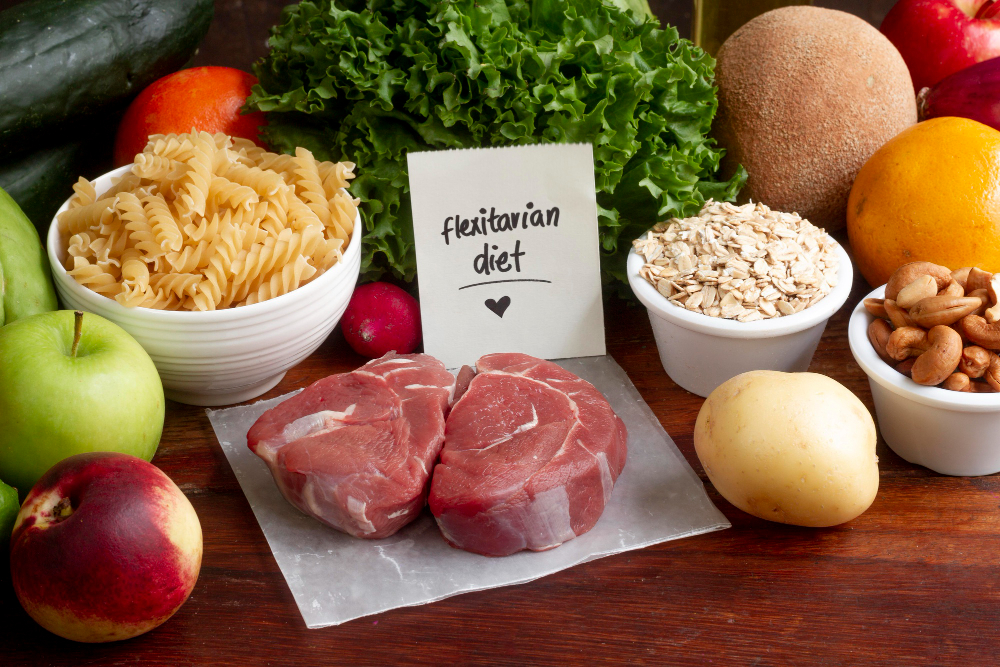Protein is a fundamental macronutrient that plays a crucial role in maintaining overall health, supporting muscle growth, and promoting essential bodily functions. Whether you are looking to lose weight, build muscle, or simply maintain optimal health, prioritizing protein in your diet is essential. This article delves deep into the importance of protein, its benefits, and how to ensure you are getting enough of it daily.
The Vital Role of Protein in the Body
Protein is the building block of life. It is composed of amino acids, which are essential for the growth, repair, and maintenance of tissues in the body. Unlike fats and carbohydrates, which are primarily used for energy, proteins serve a wide range of functions:
- Muscle Growth and Repair: Protein is crucial for muscle synthesis, helping repair muscle tissues damaged during exercise. This makes it a vital nutrient for athletes and fitness enthusiasts.
- Hormone and Enzyme Production: Many hormones and enzymes in the body are protein-based, including insulin and digestive enzymes that regulate metabolism.
- Immune System Support: Proteins help produce antibodies that fight infections, strengthening the immune system.
- Satiety and Weight Management: High-protein diets help in controlling hunger and reducing calorie intake, making protein an essential component of weight loss diets.
How Protein Affects Weight Loss and Metabolism
If you are trying to lose weight, increasing your protein intake can be a game-changer. Here’s how protein contributes to effective weight management:
- Boosts Metabolism: The thermic effect of food (TEF) refers to the energy required to digest, absorb, and process nutrients. Protein has a higher TEF than carbohydrates and fats, meaning the body burns more calories digesting protein.
- Reduces Appetite and Cravings: Protein increases levels of satiety hormones like GLP-1, peptide YY, and cholecystokinin, while reducing the hunger hormone ghrelin. This results in lower calorie consumption throughout the day.
- Prevents Muscle Loss During Fat Loss: When losing weight, the body tends to burn both fat and muscle. However, a high-protein diet ensures that most of the weight lost comes from fat while preserving lean muscle mass.
How Much Protein Do You Need?
Protein requirements vary based on age, activity level, and health goals. The general recommendation is:
- Sedentary Individuals: 0.8 grams per kg of body weight
- Active Individuals: 1.2–2.0 grams per kg of body weight
- Athletes and Bodybuilders: 1.6–2.4 grams per kg of body weight
For example, a 70 kg (154 lbs) person would need 56 grams of protein daily if sedentary but up to 140 grams if heavily active.
Best Sources of High-Quality Protein
Getting high-quality protein from natural sources ensures optimal absorption and utilization in the body. Some of the best sources include:
Animal-Based Protein Sources
- Lean meats (chicken, turkey, lean beef)
- Fish and seafood (salmon, tuna, shrimp)
- Eggs (one of the best sources of complete protein)
- Dairy products (Greek yogurt, cottage cheese, milk)
Plant-Based Protein Sources
- Legumes (lentils, chickpeas, black beans)
- Nuts and seeds (almonds, chia seeds, flaxseeds)
- Tofu and tempeh (soy-based complete proteins)
- Whole grains (quinoa, farro, oats)
Protein Timing: When to Eat for Maximum Benefits
The timing of protein intake can impact muscle recovery, weight loss, and overall performance. Here are the best times to consume protein:
- Breakfast: A high-protein breakfast reduces hunger throughout the day and boosts metabolism.
- Pre-Workout: Eating protein before exercise enhances performance and prevents muscle breakdown.
- Post-Workout: Consuming 20-40 grams of protein after a workout promotes muscle repair and growth.
- Before Bed: Casein protein (found in dairy) digests slowly, providing a steady release of amino acids during sleep.
Myths About Protein Consumption
Despite its benefits, several myths about protein persist:
- “Too much protein is bad for the kidneys.” This is only true for individuals with existing kidney disease. For healthy individuals, high-protein diets are safe.
- “You can only absorb 30 grams of protein per meal.” The body can process more; the key is consistent intake throughout the day.
- “Plant protein is inferior to animal protein.” While some plant proteins lack certain amino acids, combining different plant sources (e.g., rice and beans) provides complete protein.
Conclusion
Prioritizing protein in your diet is essential for muscle growth, weight management, immune function, and overall health. By consuming high-quality protein sources, ensuring optimal intake, and timing your meals strategically, you can maximize the benefits of this powerful macronutrient.


Leave a Reply